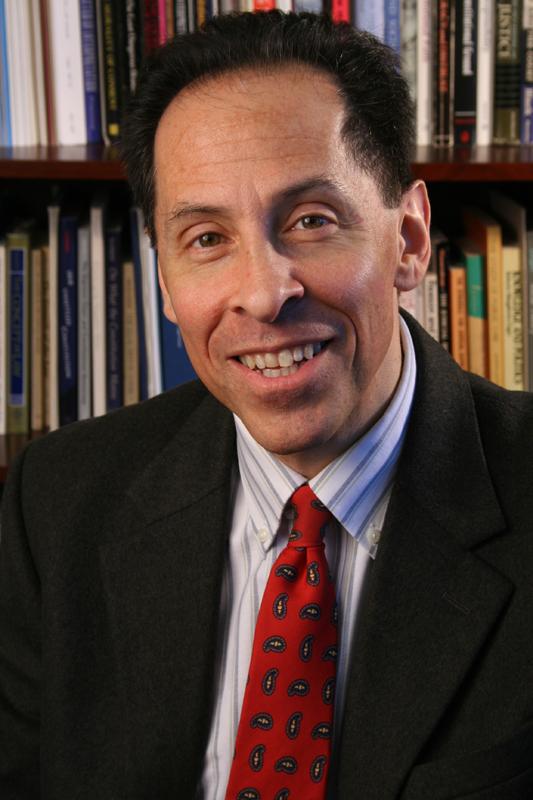In his new book, Northwestern Law Prof. Andrew Koppelman offers what has become something of a rarity in commentary on American public affairs: praise for the status quo.
Published on Jan. 1, “Defending American Religious Neutrality” is Koppelman’s fifth book. He is optimistic about the current state of the intersection between religion and public life in America, but offers a warning that the accepted doctrine is now under attack, both from those who would like religion to take on a more public role and from those would like to see it entirely eradicated.
Koppelman said the inspiration for the book came from the desire to correct what he saw as a misunderstanding in scholarship on religious liberty.
“(Writers in this area) came at it from a framework where you either were friendly to religion and therefore had an overtly religious state or you were unfriendly to religion, and then you supported secularism,” he said. “It really didn’t grasp the peculiar character of the American regime, which is secularist for profoundly religion-friendly reasons. I didn’t think that people even understood the regime that they were arguing so passionately about.”
He singled out Supreme Court justices Antonin Scalia and Clarence Thomas, specifically, as attempting to make radical changes to what he views as a sensible doctrine.
“There are proposals on the Supreme Court originating primarily from justices Scalia and Thomas to radically reshape the regime,” he said. “They think that the regime as it stands makes no sense. I think that that’s false.”
He saved his harshest words for Scalia.
“Scalia suggested being friendly to religion means you embrace the idea of monotheism, and the Ten Commandments,” he said in a University news release. “It’s as if he’s never heard of Hinduism or Buddhism. It’s very strange.”
He explained the current state of American law on religion is treating it as a positive in the abstract, but prohibiting the government from taking a position on the truth of any particular religion, save for a few traditions that have withstood, such as writing, “In God We Trust,” on American currency.
Koppelman is renowned for his work on “issues at the intersection of law and political philosophy,” according to the NU School of Law website. He has not been shy about weighing in on hot topics in legal jurisprudence, most recently with the Yale Law Journal article “Bad News for Mail Robbers: The Obvious Constitutionality of Health Care Reform,” in which he defends the constitutionality of President Barack Obama’s landmark 2010 health care reform bill.
— Joseph Diebold


